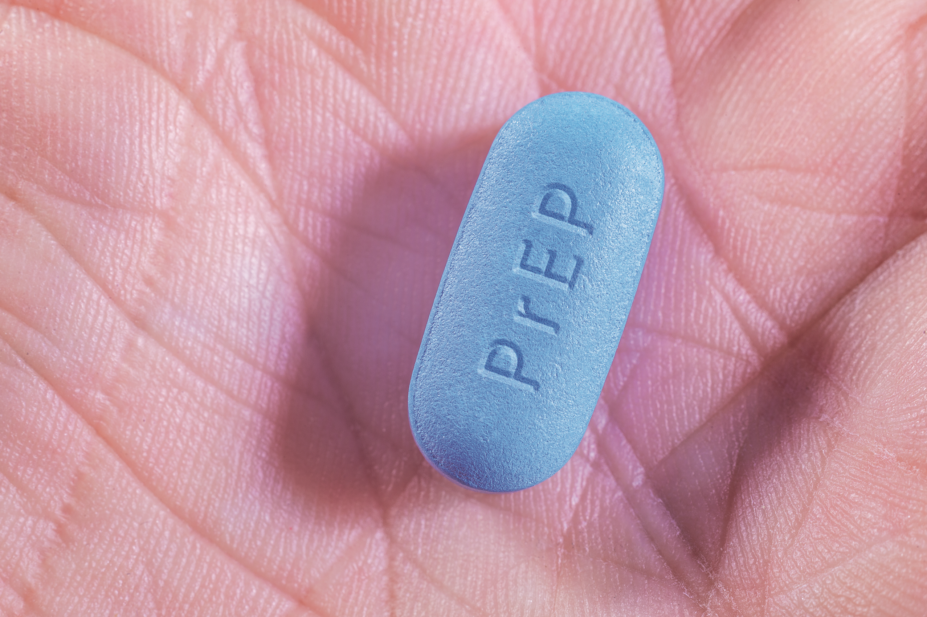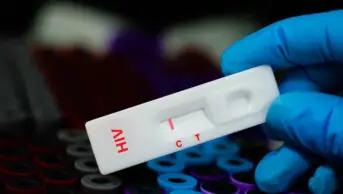
Shutterstock.com
Access to pre-exposure prophylaxis (PrEP) could be expanded to settings outside of sexual health clinics, including community pharmacies and GP practices, the government has confirmed.
A blog from HIV and sexual health charity, the Terrence Higgins Trust (THT), which was published on the HIV Commission website on 4 March 2021, refers to a letter sent in mid-February 2021 by Jo Churchill, pharmacy minister, to Dame Inga Beale, chair of the HIV Commission, containing announcements on HIV and provision of PrEP.
It reports the letter as saying that the government would look at the settings in which PrEP should be made available outside of sexual health clinics. The letter also says the government will update parliament annually on its progress towards both the 2025 goal of reducing new cases of HIV by 80% and the 2030 goal of zero new cases of HIV, and that it would look at ensuring progress was made in reducing new cases of HIV across all demographic groups.
The Department of Health and Social Care (DHSC) has confirmed to The Pharmaceutical Journal that it will consider provision of PrEP outside of sexual health clinics.
Commenting on the roll-out of PrEP, Richard Angell, head of policy at THT, said he was “confident” and “generally positive” that it was going ahead as planned and that the drug was available in “around 90%” of the areas promised.
However, he said that more work was needed to address the two key issues of “diversity” and “access”, with a focus on improving PrEP uptake in other groups, specifically black African communities, women and trans people.
“PrEP feels too often to be a nation’s best kept secret. Beyond gay and bisexual men, PrEP is an unknown. There are many more who could benefit from PrEP — people of colour, women, trans people, heterosexuals — but knowledge of PrEP in these groups is negligible. There is a desperate need to change the dial on that.”
The charity is campaigning for PrEP to be available in community pharmacies and GP practices, as well as sexual health clinics, to help improve uptake in these communities.
“PrEP should be available in the services we all use, not just a specialist service restricted almost exclusively to big urban areas,” he said.


